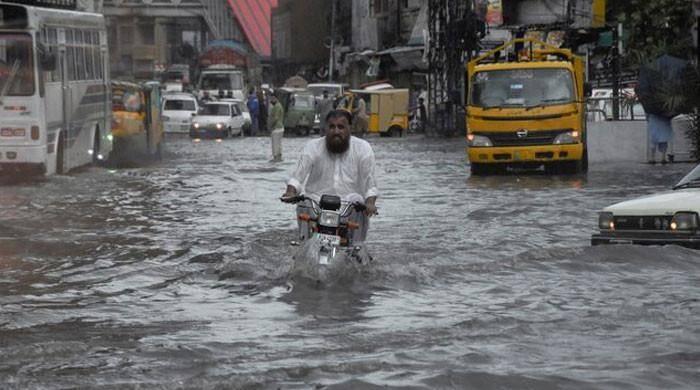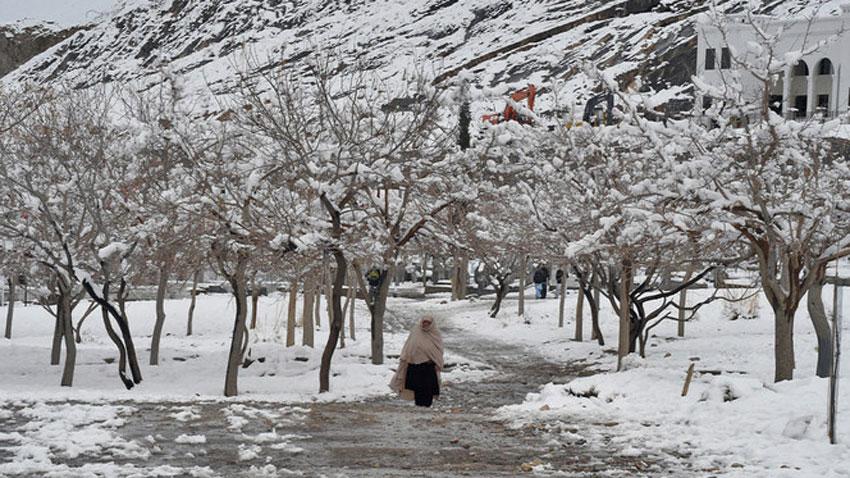Authority urges public and local administrations to remain vigilant


(Web Desk): The National Disaster Management Authority (NDMA) has issued an alert warning of heavy rainfall accompanied by strong winds over the next 48 hours across various parts of Punjab, Khyber Pakhtunkhwa (KP), and Sindh.
The authority has urged the public and local administrations to remain vigilant as the wet spell could lead to flash floods, urban flooding, and landslides, particularly in low-lying and mountainous areas.
According to the NDMA, districts in Sindh including Karachi, Hyderabad, Sukkur, Tharparkar, Badin, and Umerkot are expected to experience intense rainstorms with thunderstorms and gusty winds. Due to weak drainage infrastructure, the risk of urban flooding in these areas remains high. Citizens are advised to secure loose objects and avoid venturing out unnecessarily, especially in flooded zones.
In Punjab, major urban centers such as Lahore, Islamabad, Rawalpindi, Faisalabad, Gujranwala, and Mianwali are likely to receive heavy downpours. The NDMA has warned that rain in these areas could cause disruptions to traffic and power supply. Similar weather patterns are forecast in KP, affecting cities like Swat, Chitral, Abbottabad, Mansehra, Peshawar, Bannu, and Waziristan.
Mountainous regions face a heightened risk of landslides, while sudden flooding could impact low-lying rural settlements. The NDMA has alerted emergency services and is coordinating with provincial authorities to ensure preparedness and a rapid response in case of emergencies.
As the country transitions into peak monsoon season, weather conditions may shift quickly. The NDMA has advised the public to stay indoors during heavy storms, avoid unnecessary travel, and closely follow official safety guidelines. Schools and offices in vulnerable areas may issue precautionary measures as the situation develops.
May 9: Yasmin Rashid, Mahmoodur Rashid, others sentenced to 10 years’ imprisonment each in two more cases
- 7 hours ago
Forest (Amendment) Act 2025 enforced in Punjab
- 15 hours ago

Gold prices drop in Pakistan, global markets
- 10 hours ago

PDMA issues alert about rains, snowfall over hills in KP
- 7 hours ago

Kindles make for even better gifts now most are on sale
- 15 hours ago
PM Shehbaz stresses use of modern technology to curb human trafficking
- 8 hours ago
Bangladesh holds state funeral for slain youth leader amid tight security
- 8 hours ago

We need to grow the economy. We need to stop torching the planet. Here’s how we do both.
- 13 hours ago
Gazans mourn six killed in Israeli shelling on shelter
- 8 hours ago
Seven elephants killed in India train accident
- 10 hours ago
Joshua knocks out Paul to win Netflix boxing bout
- 10 hours ago

Toshakhana-II case: Imran Khan, Bushra Bibi sentenced to 17 years each
- 11 hours ago








